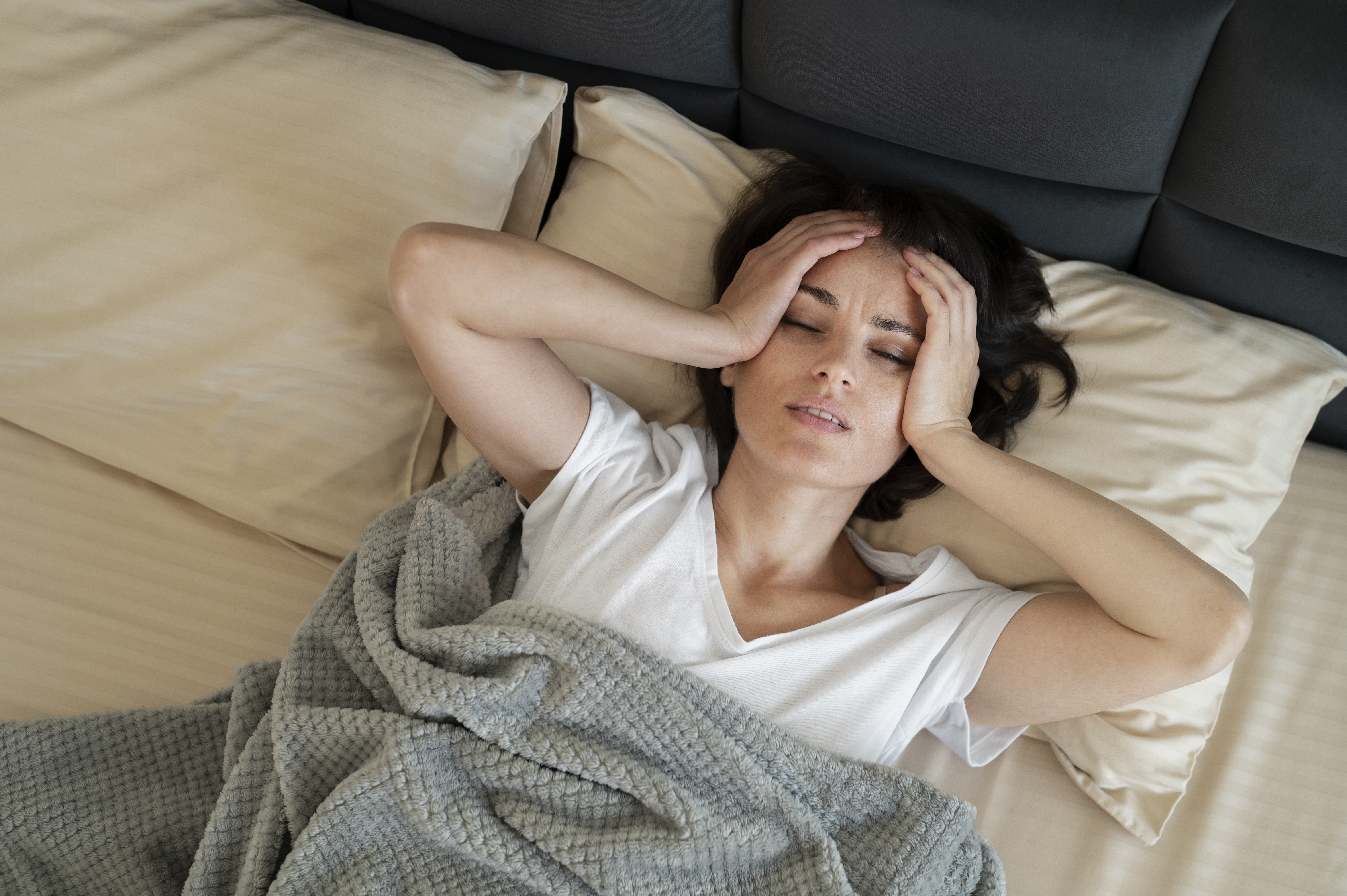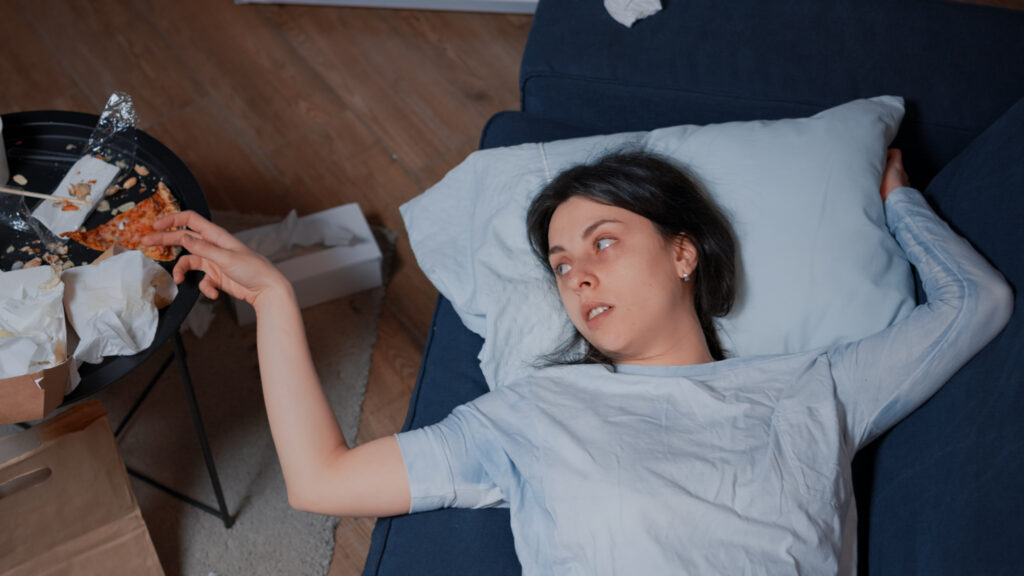
Why Menopause Sleep Disturbances Are Rising—and What UK Women Can Do About It
Understanding Why Changes in Sleep During Menopause
Few women in the UK know that as they start experiencing the hot flushes, mood swings, or energy shifts, another problem creeps up—sleeping difficulties. Disrupted nights, waking up a lot, and waking up the next morning feeling drained are more normal than most of us appreciate.
These sleep problems are usually attributed to fluctuations in hormone levels, most notably oestrogen and progesterone, both of which are crucial in maintaining rest and recuperation. Throw in symptoms such as night sweats, worry, or racing thoughts, and it’s little wonder that sleep is elusive during this phase of life.
The Real Impact of Poor Sleep in Menopause

It’s not “just tired” Chronic sleep disturbance can impact virtually every aspect of a woman’s health:
- Daytime tiredness makes it more difficult to work and have a good family life.
- Brain fog and impaired concentration.
- Mood swings, such as irritability or depression.
- Compromised immune system, with ease of falling ill.
- Pre-existing risk of heart and bone health conditions, when sleep is regularly poor.
For most women, these problems seem insurmountable—but with the proper guidance, care, and treatment, improved sleep can be achieved.
What Does Improve Sleep During Menopause?
Each woman’s experience is different, so solutions must be individualised. At Dr. Sandar Hlaing Women’s Health, we address sleep disruptions using a holistic approach to assist women, including:
- Lifestyle support: Establishing a relaxing bedtime routine, modifying diet, limiting stimulants, and promoting relaxation methods.
- Hormone replacement therapy (HRT): As required, HRT can balance hormones, easing hot flushes and night sweats that disrupt sleep.
- Medical management: For women with other medical issues—like anxiety, headaches, or persistent fatigue—medicines are tailored to maintain general health.
- Expert guidance: In some cases, sleep disturbances are incorrectly diagnosed. Dr. Sandar makes thoughtful diagnoses to determine if symptoms relate to menopause or another condition.
Find out more about our Menopause & Perimenopause Support Services.
Natural Ways to Support Restful Nights
In addition to medical treatment, many women find that some minor modifications make a huge difference:
- Make your bedroom cool and ventilated.
- Practice relaxation techniques such as mindfulness or breathing exercises before bedtime.
- Cut back on alcohol and caffeine, especially in the evenings.
- Wear breathable clothing to minimise discomfort from night sweats.
- Develop a regular sleep-wake routine, even at weekends.
These steps won’t cure all by themselves, but they can prepare your body for deeper, more restorative sleep.
Why Choose Dr. Sandar Hlaing?

Too many women avoid seeking treatment, thinking that bad sleep is “just part of menopause.” But it doesn’t have to be.
As a seasoned GP in women’s health and menopause care, Dr. Sandar offers reliable advice for women seeking genuine solutions. With or without HRT, lifestyle changes, or specialist interventions, she aims to empower women to regain control of their life-rest, balanced, and in control of their health.
Don’t let sleep deprivation and other menopause symptoms get the better of you.
Book your appointment now or Call Dr. Sandar Hlaing to begin your personalised care plan.
Last Thoughts
Menopausal sleep disturbances are more than just a nuisance-they’re a health concern that needs to be addressed. With proper care and support, women can navigate this phase of life with vitality and strength.
Dr. Sandar Hlaing is ready to assist you in receiving the restful nights you deserve to live again.
Schedule an appointment today and make the initial step toward improved sleep and improved health.


